The automotive industry is undergoing a historic transformation, with electric vehicles (EVs) at the forefront of this change. As we move towards a more sustainable future, several key technologies are paving the way for this shift, making electric cars more efficient, accessible, and enjoyable. Here’s a look at the top 10 technologies that are driving the future of electric mobility.
1. Advanced Battery Technologies
Battery technology is the backbone of the EV revolution. Lithium-ion batteries have dominated the scene, but new advancements like solid-state batteries promise higher energy densities, faster charging times, and enhanced safety, potentially revolutionizing EV efficiency and range.

2. Electric Motors
The evolution of electric motor technology, including the shift towards more efficient designs like permanent magnet and switched reluctance motors, is crucial for improving the power, efficiency, and durability of EVs.
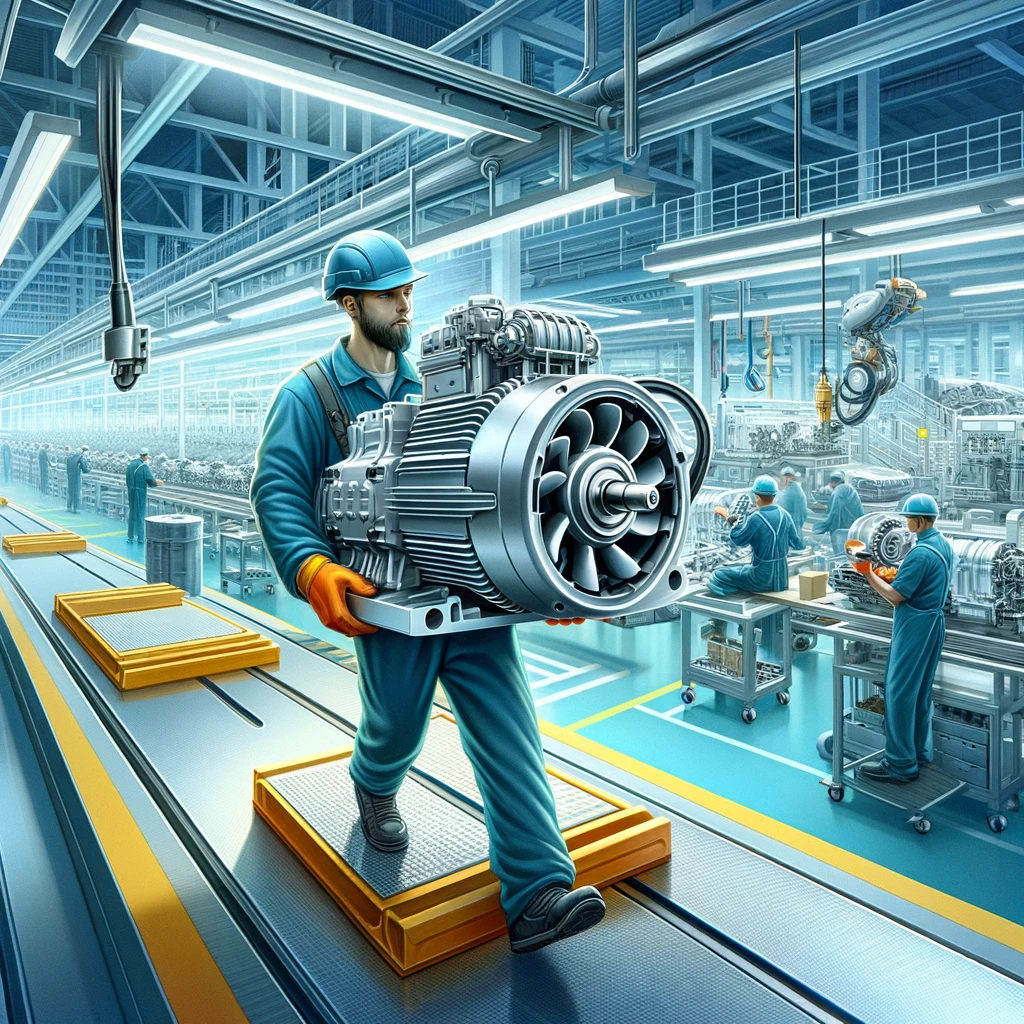
3. Charging Infrastructure
The expansion and enhancement of EV charging infrastructure, including fast-charging stations and wireless charging options, are key to increasing the practicality and convenience of electric vehicles.
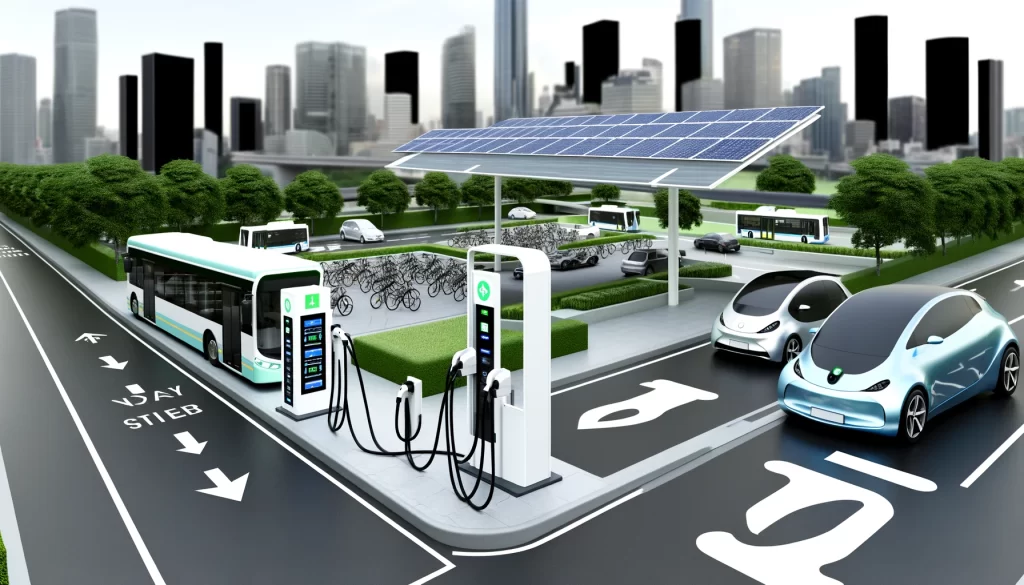
4. Autonomous Driving Technology
Autonomous driving technologies not only promise to make driving safer and more convenient but are also being integrated into EVs to optimize energy consumption and extend driving range through efficient route planning and driving patterns.
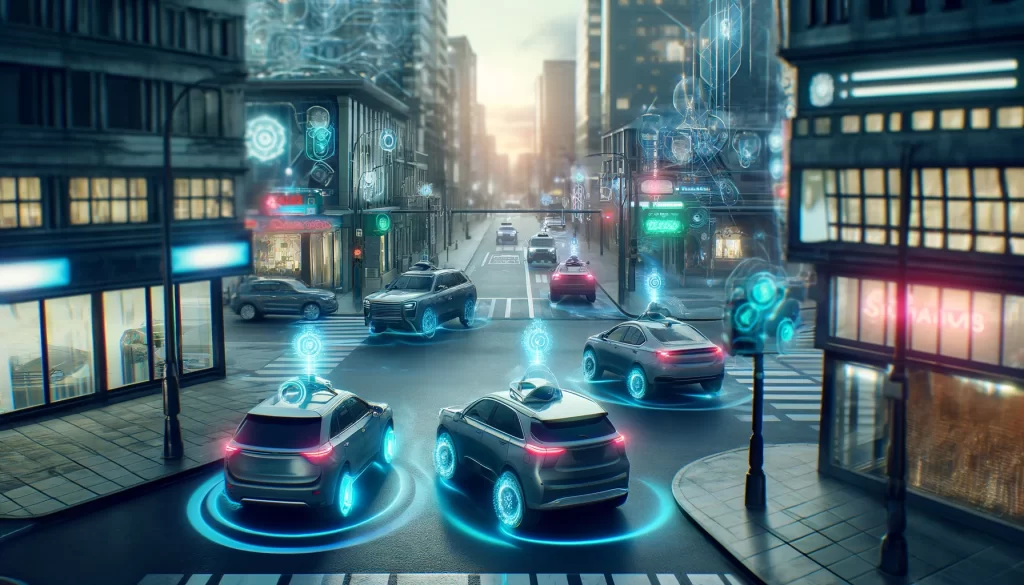
5. Vehicle-to-Grid (V2G) Systems
V2G technology allows EVs to communicate and interact with the power grid, providing the potential to use EV batteries for grid storage, thus balancing demand and contributing to grid stability.
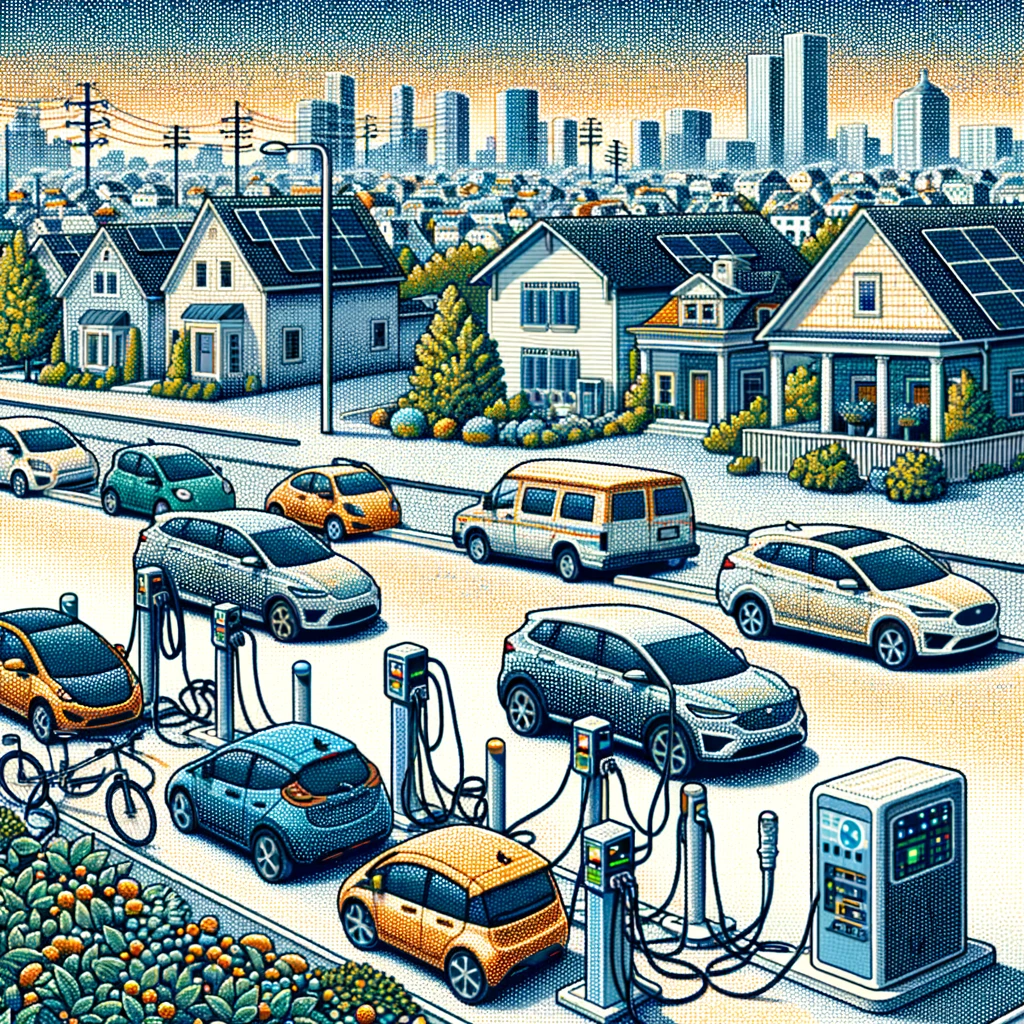
6. Lightweight Materials
The use of lightweight materials such as carbon fiber and aluminum in EV construction reduces vehicle weight, which in turn increases efficiency and range.
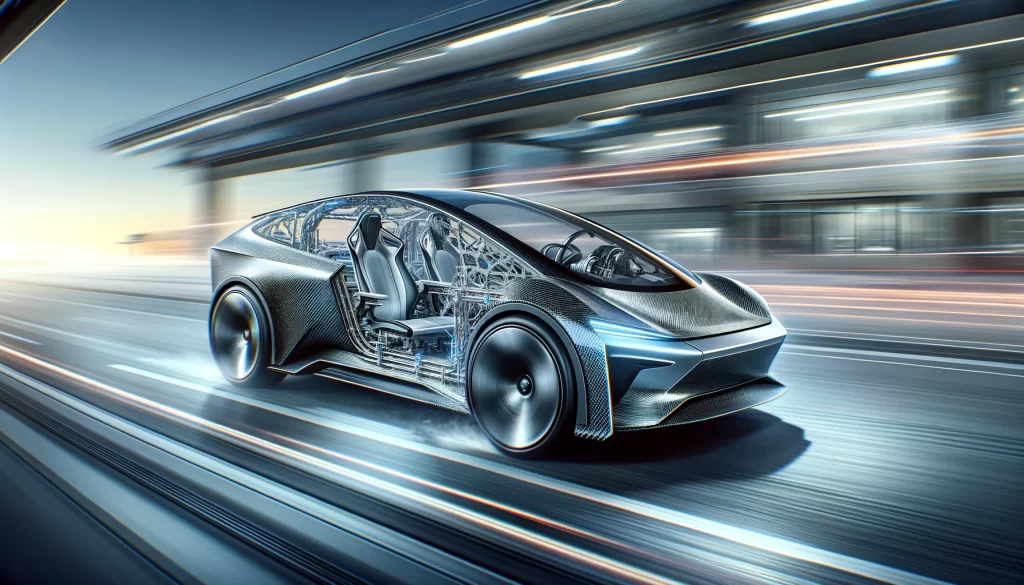
7. Regenerative Braking
Regenerative braking systems convert kinetic energy into electrical energy during braking, which is then stored in the battery. This technology significantly enhances the energy efficiency of EVs.
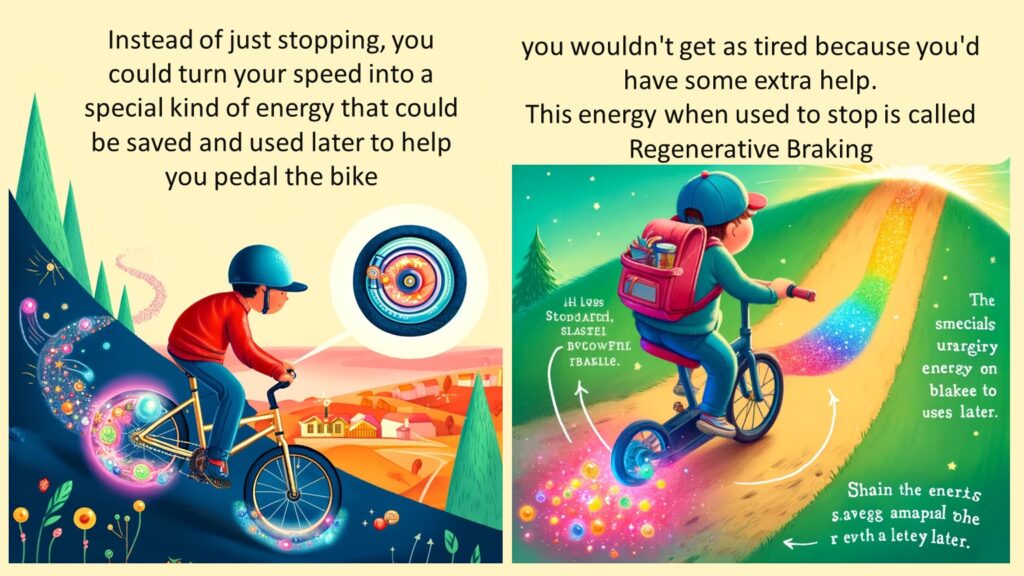
8. AI for Battery Management
Artificial intelligence (AI) is revolutionizing battery management systems, optimizing charging and discharging processes, and extending battery life by analyzing and adapting to usage patterns.
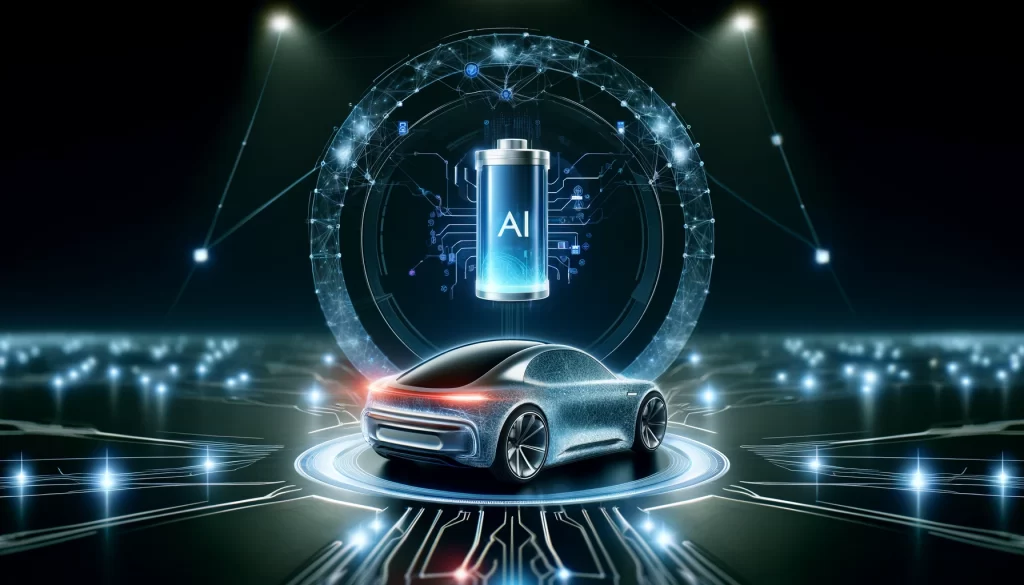
9. Software-Defined Vehicles
Software-defined vehicles, where software updates can enhance vehicle functionalities over time, are becoming more common. This technology allows for continuous improvements in performance, safety, and user experience.
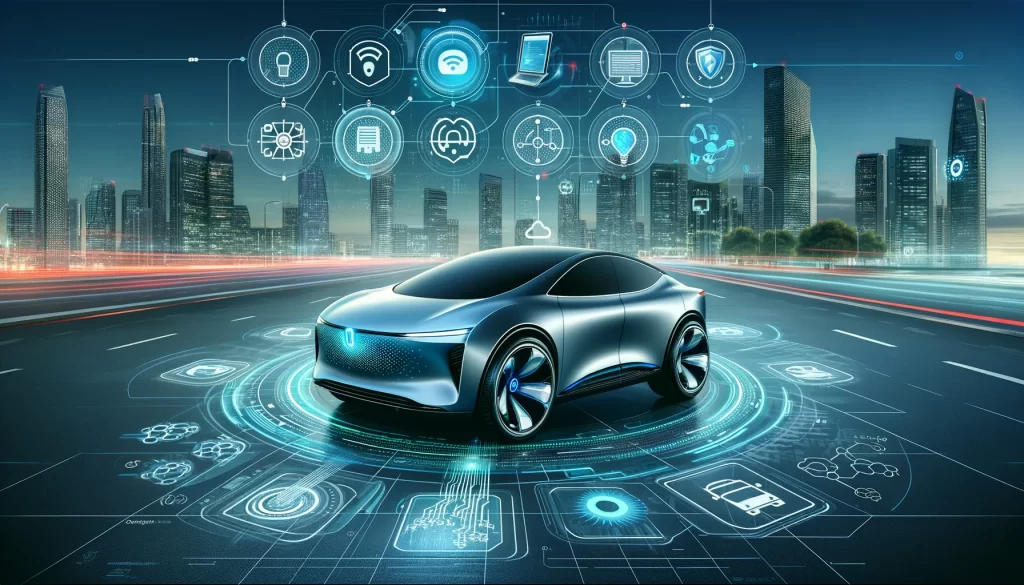
10. Connectivity Features
The integration of connectivity features, including vehicle-to-everything (V2X) communication, enhances the functionality of EVs by allowing them to interact with other vehicles, infrastructure, and devices, improving safety and navigation.
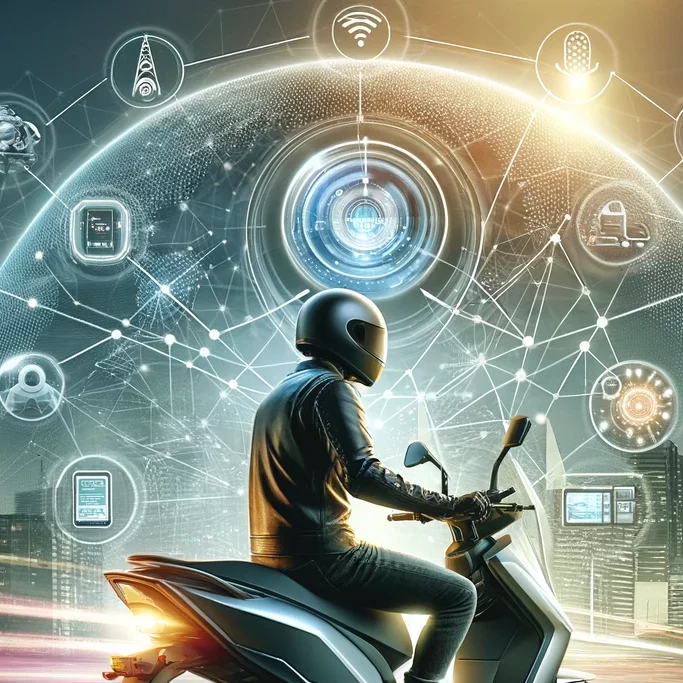
Conclusion: Driving the Future
These technologies are not just shaping the future of electric vehicles; they’re redefining what it means to drive. With continuous advancements in these areas, EVs are set to offer unprecedented levels of efficiency, safety, and convenience, marking a new era in automotive history. The integration of these cutting-edge technologies is making EVs more appealing than ever, promising a future where electric mobility is the norm. As we continue to innovate and push the boundaries of what’s possible, the road ahead looks electrifyingly bright.



